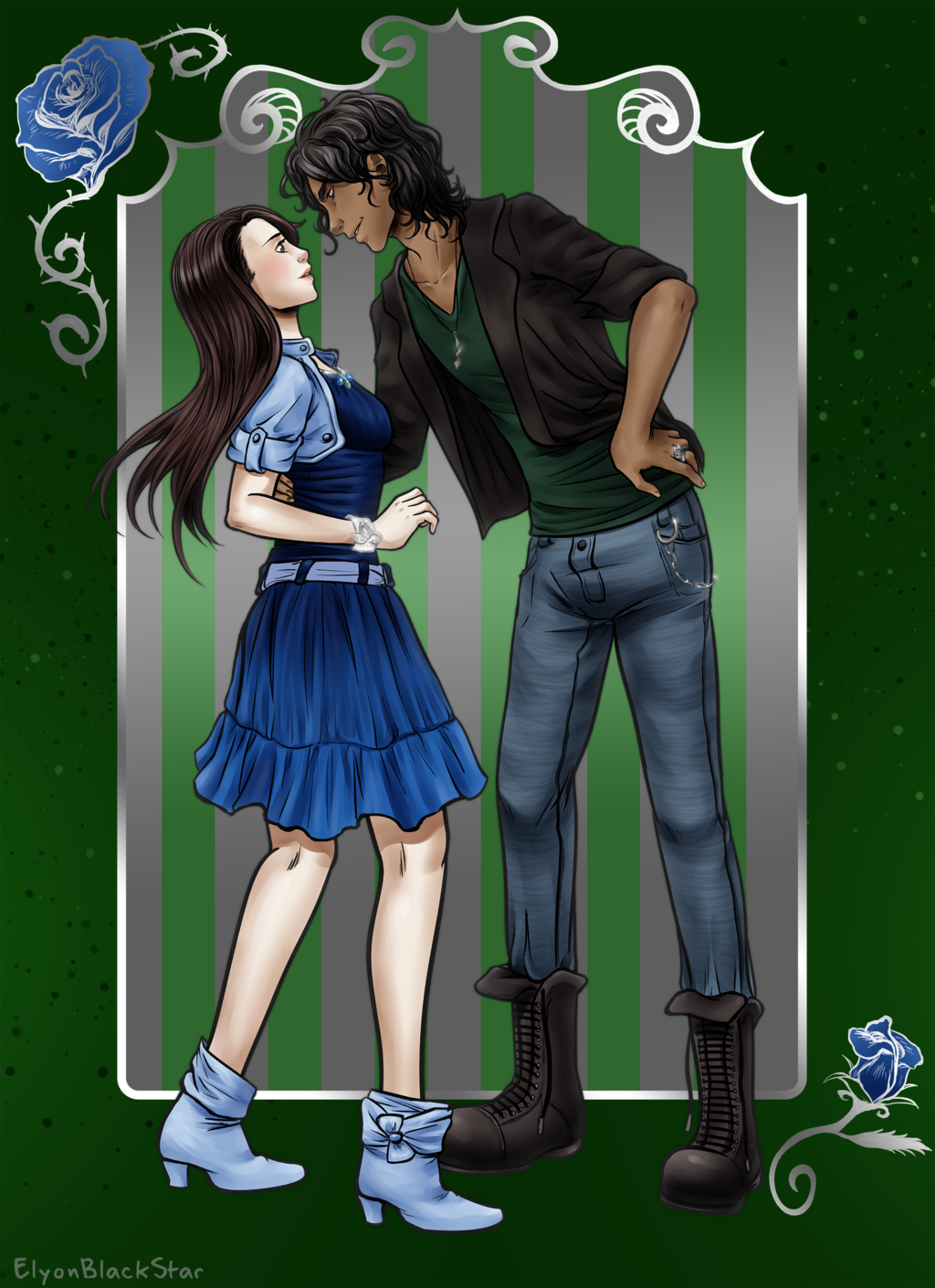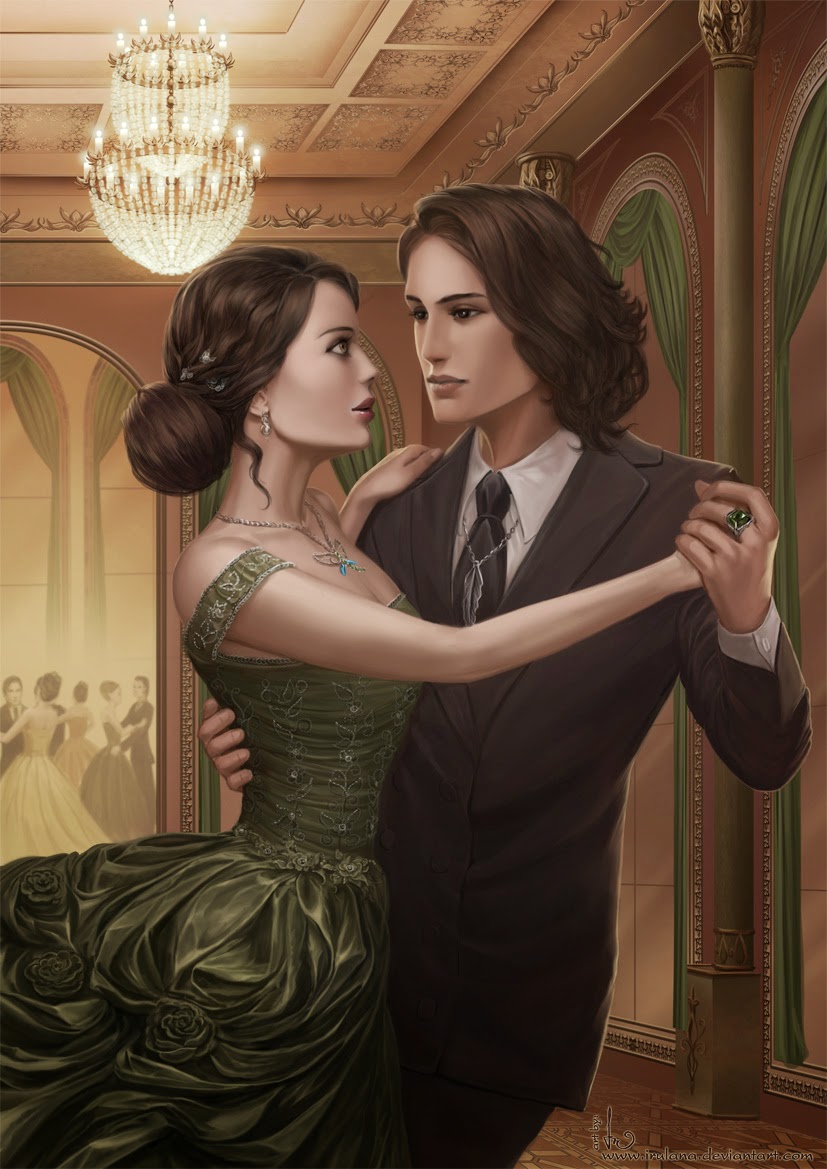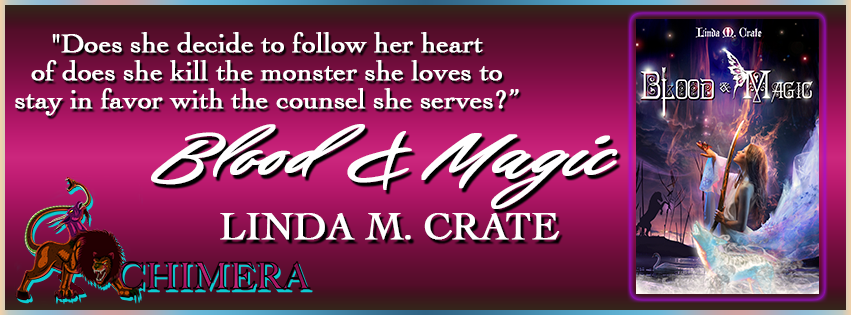Earthshine by Chad T. Douglas
Title: Earthshine
Author: Chad T. Douglas
Genre: Science Fiction/Fantasy
Length: 306 pages
Release Date: January 30, 2015
ISBN-13: 978-1507540152
SYNOPSIS: Benni Dublanc is exemplary, which, in the year 2622 CE, is entirely ordinary. She’s young, she’s pretty, she’s in love, and she attends Academy Aeraea, a center of fashion, thought and modern style built on the pulse of the greatest city ever imagined—Genesia, Mars. Like all Genesians, Benni has never seen a blue sky, she can summon any and all knowledge into view with nothing more than a thought, makes her daily two-hundred kilometer commute in two minutes, and was sculpted into a model citizen beginning from the day she was born. Benni will never know famine, she will never know war, and after a horrific accident on the night of her twenty-second birthday, she will never be human again.
Earthshine: Why It Isn't Dystopia
I think that anyone who’s read anything since Orwell’s 1984 might be tempted into believing that it’s science fiction’s unofficial job to tell us why, as a species, we're going to fail, and why we're going to do a bang-up job of it particularly right before the end. 1984 is one of my favorite novels of all time, and though it cast a soul-crushingly grim forecast of humanity’s potential future, it was one of those books that needed to be written, because it was full of dangers that humankind doesn't need to forget about anytime soon, particularly in regard to the power we afford our governments and the people in charge of mass media and information.
Not all science fiction, or speculative fiction, draws an apparently ugly vision of days to come. Aldous Huxley’s Brave New World demonstrated that a world of perfect comfort can be just as much a nightmare as one where Big Brother makes you disappear for getting out of line. There is no perfect future to speculate about, because perfection is irreconcilably subjective, and so ‘utopia’ and ‘dystopia’ are often two words that science fiction tells us both mean ‘doom’.
This is to say, prior to writing Earthshine, I'd already had a number of dystopian futures fully illustrated for me and I'd tucked them away in my head. The thing about the future is that it’s always changing, because the present is always changing. Orwell and Huxley wrote their dystopias for the world they currently lived in.
The particular world I live in now is very similar to the one I lived in when I began Earthshine. I was in college when I first sat down to try my hand at social fortunetelling, and that was only a few years ago. The news then, just as it often is now, was full of worries about housing market stagnation, crippling student debt, never-ending crises in the Middle East, oil prices, global warming, marriage inequality, unemployment, and it seemed like a school or a shopping mall became the victim of a mass shooting every other month or week. While the news reminded me of all these things on a daily basis, my own, immediate world was handing me several hard lessons to boot. Most prominently, I was accruing debt to further an education that held zero guarantees of success, and that public school and honor roll mentality I’d been raised on weren't necessarily going to get me anywhere in real-world America, 2012. Anyone would think an author with all these less-than-cheery revelations in mind would write about dystopia, but I didn’t.
Earthshine is a story about a city on Mars in 2622 CE, and it’s also a story about the place and time we live now. It’s about the human beings we are trying to become, and it’s about the human beings we tend to revert to out of habit. It’s a story about the things we ought to think about before we take our next big steps, and the things that could happen if we don't plan carefully enough. It’s about consequences, good and bad. What’s most important, though, is that Earthshine isn't about utopia or dystopia. Earthshine is a reflection on human dreams and human nature. It asks us to take responsibility for who we are and what we see in ourselves, and asks us not to divorce our species from the ability to be honest with itself. Simply put, it’s not a story about how a bad society is going to ruin us. It’s a story about how to avoid letting our own bad judgment and passive complacency ruin a good society.
Author Information & Links
Chad T. Douglas was born in Wilkesboro, North Carolina in 1989. In 2002, he moved to Florida with his family and in December 2009, as a sophomore attending the University of Florida, Douglas published A Pirate’s Charm, the first novel of the Lore trilogy. One year later, he released his second novel, East and Eight. Around that time, Douglas became a staff writer for the McGuire Center for Lepidoptera and Biodiversity at the Florida Museum of Natural History. When he wasn’t working on his novels, Douglas traveled with and wrote for the McGuire Center. Since 2010, he has visited Honduras,
Kenya, Ecuador, the Galapagos Islands and Mexico as a travel writer.
Douglas’s first novel, A Pirate's Charm, came to mind when he was a junior in high school. He began writing the Lore series for fun, and originally did not plan on publishing it. When he started college in 2008, he entered as an Architectural Design major, leaving the program in less than two weeks and immediately becoming an English major. One year later, in love with English and writing, Douglas began work on self-publishing the first installment of his historical fiction and fantasy trilogy. His first book signing took place at Books Inc, Gainesville, in February 2010, two months after publication. That same year, he published the second novel in the Lore trilogy, titled East and Eight. The third installment in the Lore trilogy, The Old World, was released in fall 2011. The Lore series has received honors in the 2011 New York Book Festival Book Contest, the 2012 Los Angeles Book Festival Book Contest, and the 78th Annual Writer’s Digest Writing Competition.
Since 2009, Douglas has traveled to and appeared at book festivals in Florida, including the 1st, 2nd and 3rd annual UCF Book Festival in Orlando, the Ft. Myers Book Festival and the Miami International Book Festival. His first novel A Pirate’s Charm was a hit in two festivals in Georgia, including the AJC Decatur Book Festival and the Tybee Island Pirate Festival. In 2010, Douglas was the keynote speaker for the Marion County Library’s CREATE program. There, he signed books and shared personal stories of travel and self-publishing with 150 young writers who all received copies of A Pirate’s Charm courtesy of the library. In 2014, he made his first international appearance as an undiscovered American author at the Paris Book Fair at Salon du Livre. Douglas has since begun work on several new projects. His most recent novel, Earthshine (2015), is a work of science fiction.




































